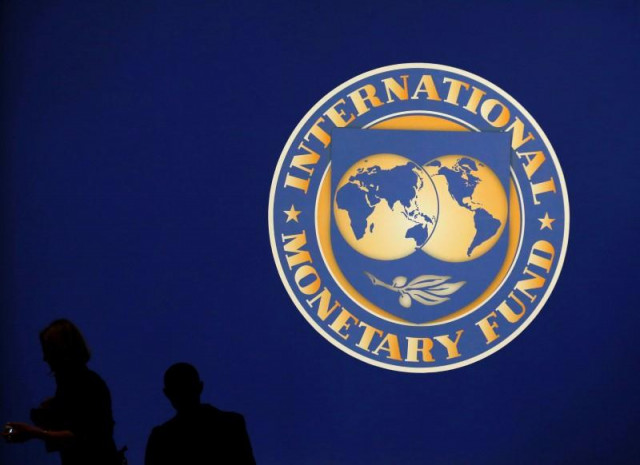The cost of IMF dollars
IMF programme is, by definition, anti-growth and calls for steps to do away with macroeconomic imbalances.

It does not make even a shred of economic sense as to why our economic wizards agreed with the IMF to raise the tax collection target by a mammoth 39% – to Rs5,555 billion for the ongoing fiscal year from Rs4,398 billion in the preceding one – at a time when they were exercising austerity and pursuing fiscal discipline to achieve economic stabilisation.
Does that mean the incumbent government’s economic managers are devoid of common economic sense? Well, that can’t be so. What then prompted the government into agreeing to simultaneously slow down the economy and raising the tax target to an insurmountable level – simply ignoring that the two incompatible conditions are increasingly likely to cause a revenue shortfall and consequently add to the tax burden on the common man?
In fact, a combination of factors forced the PTI government into accepting the harsh IMF conditions in lieu of the $6 billion loan. Lack of experience at the negotiating table was definitely one factor that resulted in the government succumbing to the IMF diktats. Next up: Prime Minister Imran Khan seemed expecting his honest and reputed self to magnetise generous inflows from the nearly nine million-strong expatriate community, both as investment in commercial projects as well as doles for public welfare initiatives like the dam(ned) fund. The PM, thus, delayed approaching the IMF, thereby squeezing the negotiating space for his economic team. And then there was a balance-of-payments crisis to the tune of $12 billion that stood tall and threatening after monetary assistance from “friendly” countries had melted away like a snowman in the sun.
Thus came the bailout agreement with the IMF under which the PTI government also consented to a market-determined currency exchange rate, apart from the hefty tax target. For a developing country struggling to earn foreign exchange and running into high external debts, foregoing control on the exchange rate adjustment tool so easily does warrant debate – well, a serious one. And the knock-on effect of the bold move was there pretty soon: the dollar winged into the highs never ventured earlier, not only adding to the volume of external debts by about 30%, but also enlarging the budget deficit due to rise in the cost of debt servicing.
Let’s now see how these two IMF conditionalities – i.e. the unrealistic tax target and the free-floating exchange rate – fell in conflict with each other, terribly affecting government’s economic pursuits and wreaking havoc with the home budgets.
The government adopted the free-floating exchange rate regime with the stated aim of encouraging exports and improving, thereby, the current account balance position. But the steps it took in pursuit of its overambitious tax target turned out to be big irritants to growth in the exports sector itself. How so? In fact, the repeated increases in the power and gas tariffs to make up for the revenue shortfall jacked up the cost of production, besides causing a rise in inflation. And to offset the impact of inflation, the government raised the interest rate, almost doubling it in its 18 months of rule so far, propelling the cost of working capital in the process. As if all this was not enough to demotivate manufacturers and exporters, it also withdrew the zero rating facility on exports. The result? Neither did the exports grow nor was the tax target reached. The real economy, the one that concerns the common man, stands messed-up too, with food inflation having galloped past 23% and utilities’ charges getting unbearable.
IMF programme is, by definition, anti-growth and calls for steps to do away with macroeconomic imbalances. But it was the government’s weak negotiations that hugely added to the usual impact of an IMF programme.
Published in The Express Tribune, February 17th, 2020.
Like Opinion & Editorial on Facebook, follow @ETOpEd on Twitter to receive all updates on all our daily pieces.















COMMENTS
Comments are moderated and generally will be posted if they are on-topic and not abusive.
For more information, please see our Comments FAQ